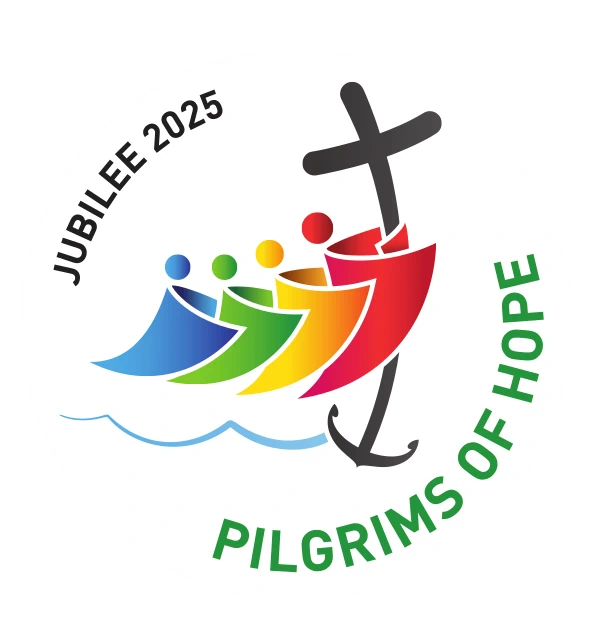Maths
Curriculum Statement
What are we trying to achieve through our curriculum?
We ASPIRE to:
- Inspire a positive attitude to mathematics, including confidence, enjoyment and perseverance.
- Cultivate an appreciation of the place of mathematics within society, including historical and cultural influences. This links, where required, to British Values, Careers and Catholic Social Teaching which in turn aims to develop empathy skills within a mathematical setting .
- Develop the ability of all pupils, including our most vulnerable to think mathematically e.g. precisely, logically and creatively.
- Improve the knowledge, skills and understanding of mathematics for all pupils so they may apply mathematics to situations which arise in their own lives.
- Establish a basis for the consideration of a wide range of careers in STEM at both KS3 and KS4.
How is our curriculum delivered?
STM will #BeMore by:
- Implementing a curriculum focusing on six areas which include algebra, ratio and proportion, probability, statistics and geometry.
- Exploring financial maths (budgeting, income and taxes, value for money, bank accounts, interest rates) to build financial know-how and financial understanding to better prepare students for managing their own money.
- Including practical maths within the curriculum (DIY projects, designing projects) to help build an appreciation for the costs and time involved in completing projects, develop planning, designing, and budgeting skills.
- Implementing a curriculum which has robust assessment including formative and summative tests designed to embed powerful mathematical knowledge.
- Ensuring literacy is an integral part of the maths curriculum via reading, writing, academic vocabulary and oracy.
- Providing opportunities for our students to learn how maths links to other areas of the curriculum such as careers, British values and the wider world.
- Striving to ensure that all pupils understand what it means to be a Catholic citizen by promoting dignity (treating each other with respect and kindness), solidarity (thinking about fairness and equality in the world) through and peace (by promoting honesty, trust and a collaborative working environment).
What difference is our curriculum making?
Pupils will #BeMore by:
- Being provided with the cultural capital and passion to continue an association with mathematics post-16.
- Being curious, resilient, resourceful and fluent with the ability to recall and apply mathematical knowledge and skills.
- Having a foundation in mathematical thinking and practice. This includes our most vulnerable pupils, reaching their potential and having the ability to apply mathematical skill in their everyday lives and beyond their time at St. Thomas More’s CVA.
- Having an awareness and passion to pursue a wide variety of career opportunities in STEM, particularly highlighting these to girls.




